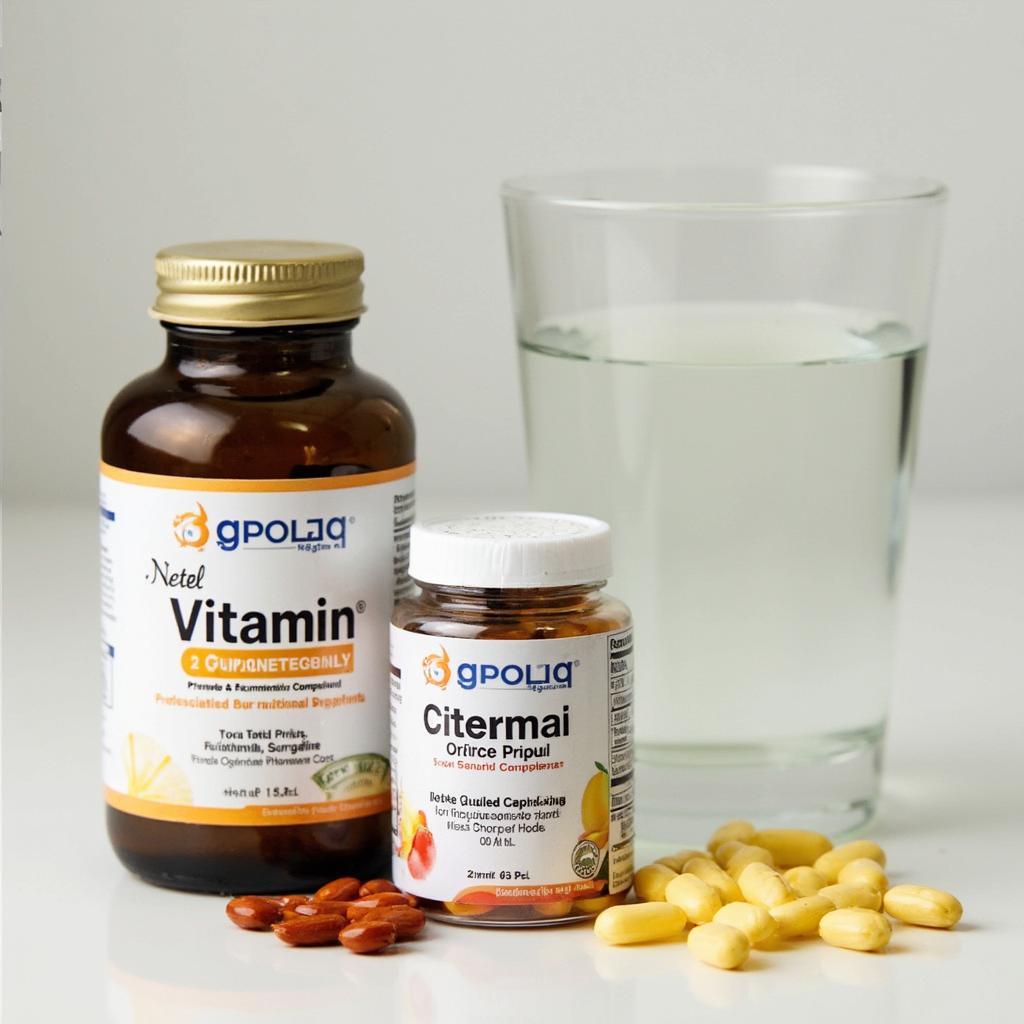Your cart is currently empty!

Nutrition Tips for Sore Mouth and Throat: Stanford Health Care Insights
Sore mouth and throat can make eating a painful experience. Nutrition tips from Stanford Health Care can help you manage discomfort and ensure you’re still getting the nutrients you need during recovery.
Soothing Sore Mouth and Throat with Nutrition
When a sore throat or mouth ulcer strikes, proper nutrition plays a crucial role in easing discomfort and speeding up the healing process. Choosing the right foods can make a big difference in your comfort level.
Food Choices for Sore Mouth and Throat Relief
Soft, bland foods are your best friends when dealing with mouth and throat pain. Avoid anything acidic, spicy, or rough that could irritate the already sensitive tissues.
- Soothing Liquids: Broths, clear soups, and herbal teas are excellent choices for hydration and soothing relief. Avoid citrus juices and acidic beverages, which can exacerbate the pain.
- Soft Proteins: Eggs, tofu, and well-cooked fish are easily digestible and provide essential protein for healing.
- Cooling Treats: Ice cream, popsicles, and frozen yogurt can help numb the pain and provide some relief, but opt for options that are not too acidic or sugary.
- Pureed Foods: Applesauce, mashed potatoes, and pureed vegetables are gentle on the throat and provide essential vitamins and minerals.
 Soothing Foods for Sore Throat Relief
Soothing Foods for Sore Throat Relief
Hydration: A Key to Healing
Staying hydrated is vital when you have a sore mouth and throat. Dryness can worsen the pain and slow down the healing process.
Hydration Tips for Sore Mouth and Throat
- Sip Regularly: Take small sips of fluids throughout the day to keep your throat moist.
- Choose the Right Fluids: Warm or cool liquids are generally more soothing than very hot or cold beverages.
- Avoid Irritants: Steer clear of caffeinated and alcoholic drinks, as these can dehydrate you.
 Staying Hydrated with a Sore Throat
Staying Hydrated with a Sore Throat
Nutritional Deficiencies to Watch Out For
While focusing on soft foods, be mindful of potential nutritional gaps.
Maintaining Balanced Nutrition During Recovery
Because it can be difficult to eat a wide variety of foods when you have a sore mouth or throat, you may be at risk for certain nutritional deficiencies.
- Protein: Ensure you are getting enough protein for tissue repair by incorporating soft protein sources like scrambled eggs, yogurt, and cottage cheese.
- Vitamins and Minerals: If you are struggling to eat fruits and vegetables, consider a supplement or incorporating pureed versions into your diet.
 Nutritional Supplements for Sore Throat
Nutritional Supplements for Sore Throat
When to Seek Medical Advice
While dietary changes can often alleviate discomfort, persistent or worsening symptoms warrant medical attention.
Recognizing When to Contact a Healthcare Professional
Consult a healthcare provider if your sore throat is accompanied by a high fever, difficulty swallowing, or lasts longer than a week. These symptoms may indicate a more serious underlying condition.
Conclusion
Nutrition tips from Stanford Health Care can significantly improve your comfort level when dealing with a sore mouth and throat. By choosing soothing foods, staying hydrated, and being mindful of nutritional needs, you can promote healing and manage discomfort effectively. If symptoms persist, consult a healthcare professional for further evaluation.
FAQs
- What can I eat with a sore throat and mouth ulcers?
- Are there any foods to avoid with a sore throat?
- How can I stay hydrated with a sore throat?
- Can nutritional deficiencies worsen a sore throat?
- When should I see a doctor for a sore throat?
- What are some home remedies for a sore throat?
- How long does it typically take for a sore throat to heal?
Need More Help?
For further assistance and personalized Car Tips, contact us via WhatsApp: +1(641)206-8880, Email: [email protected] or visit our office at 456 Pine Avenue, Toronto, ON M5V 2J4, Canada. Our 24/7 customer service team is ready to assist you.

Leave a Reply